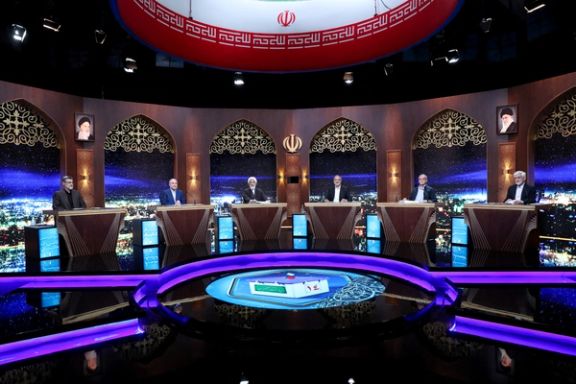Zakani Blasts Previous Administration in Debate Finale
In a conclusion to the debate, Alireza Zakani delivered a critique of Iran's previous administrations, highlighting their failures and urging citizens to take action in the upcoming election.
Zakani began his remarks by referencing the symbolic "key" introduced by former President Hassan Rouhani, which was supposed to unlock numerous issues facing the country. He mocked the promise, stating, "Do you remember this key? It didn't unlock any doors. Instead, it created more locks, and no locksmith ever came."
Furthering his attack, Zakani pointed out that neither the nuclear issue nor the basic needs of the people had been adequately addressed. He warned voters, "The same people have returned with a new facade, aiming to form the third Rouhani administration," referring to ‘reformist’ Masoud Pezeshkian’s campaign.
In a bid to restore hope, Zakani assured the audience of his commitment to solving the country's problems. "I have both a plan and a record," he asserted confidently, urging people not to lose hope despite the failures.
